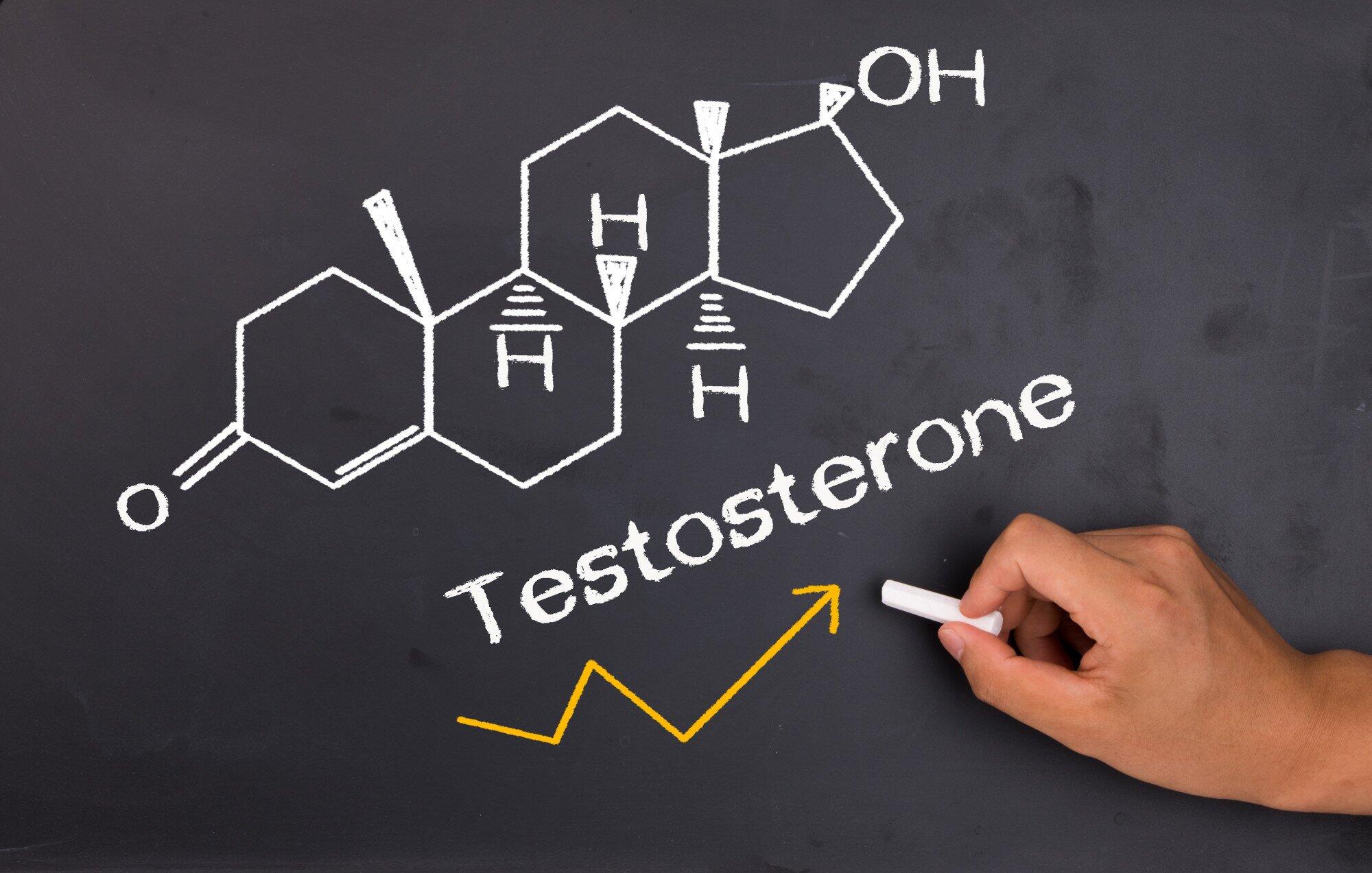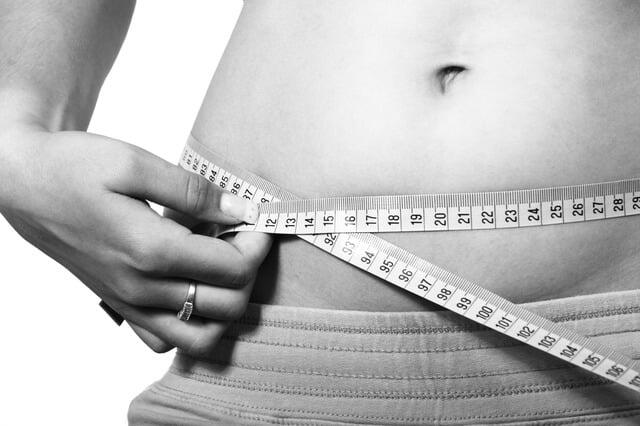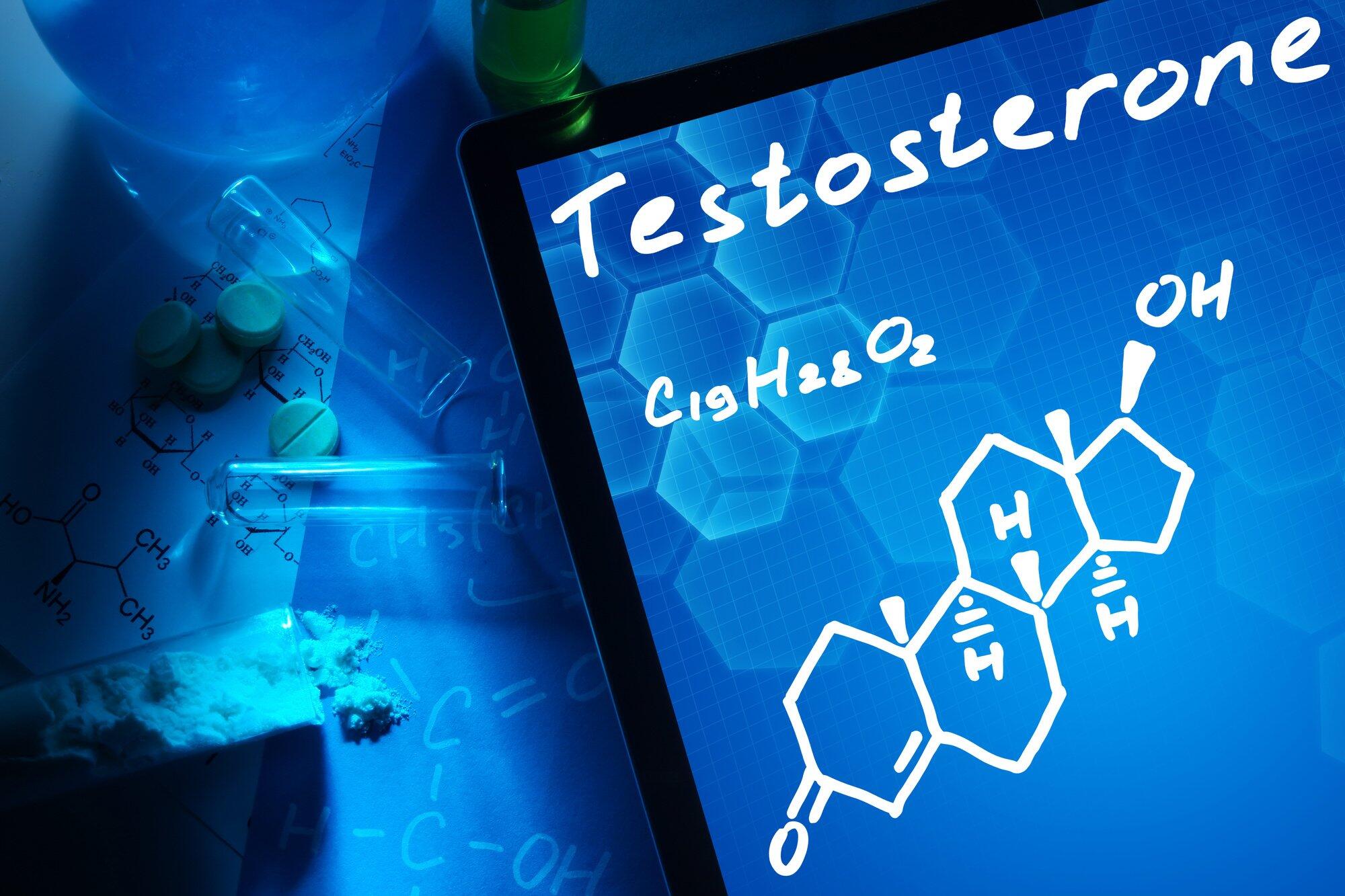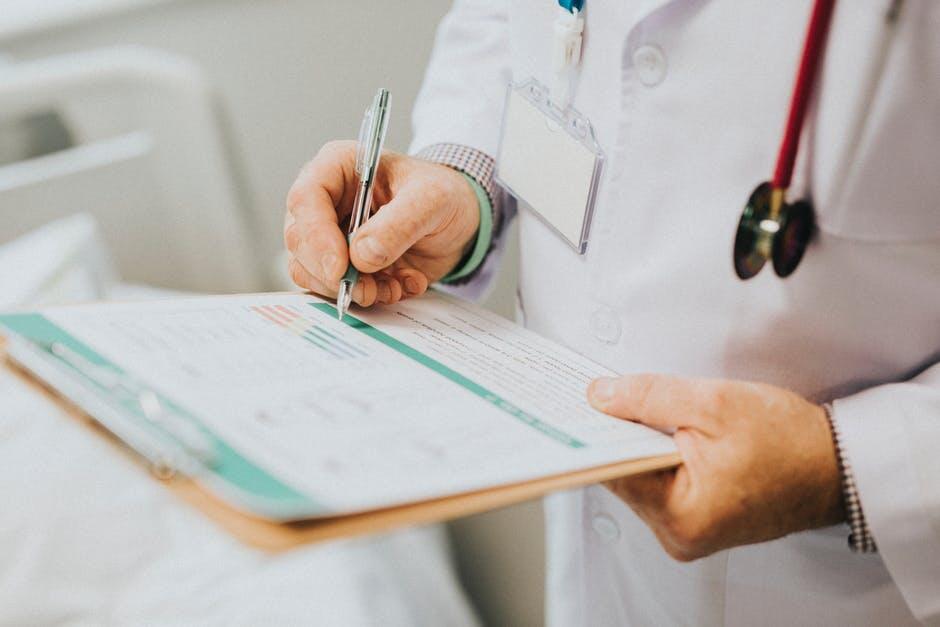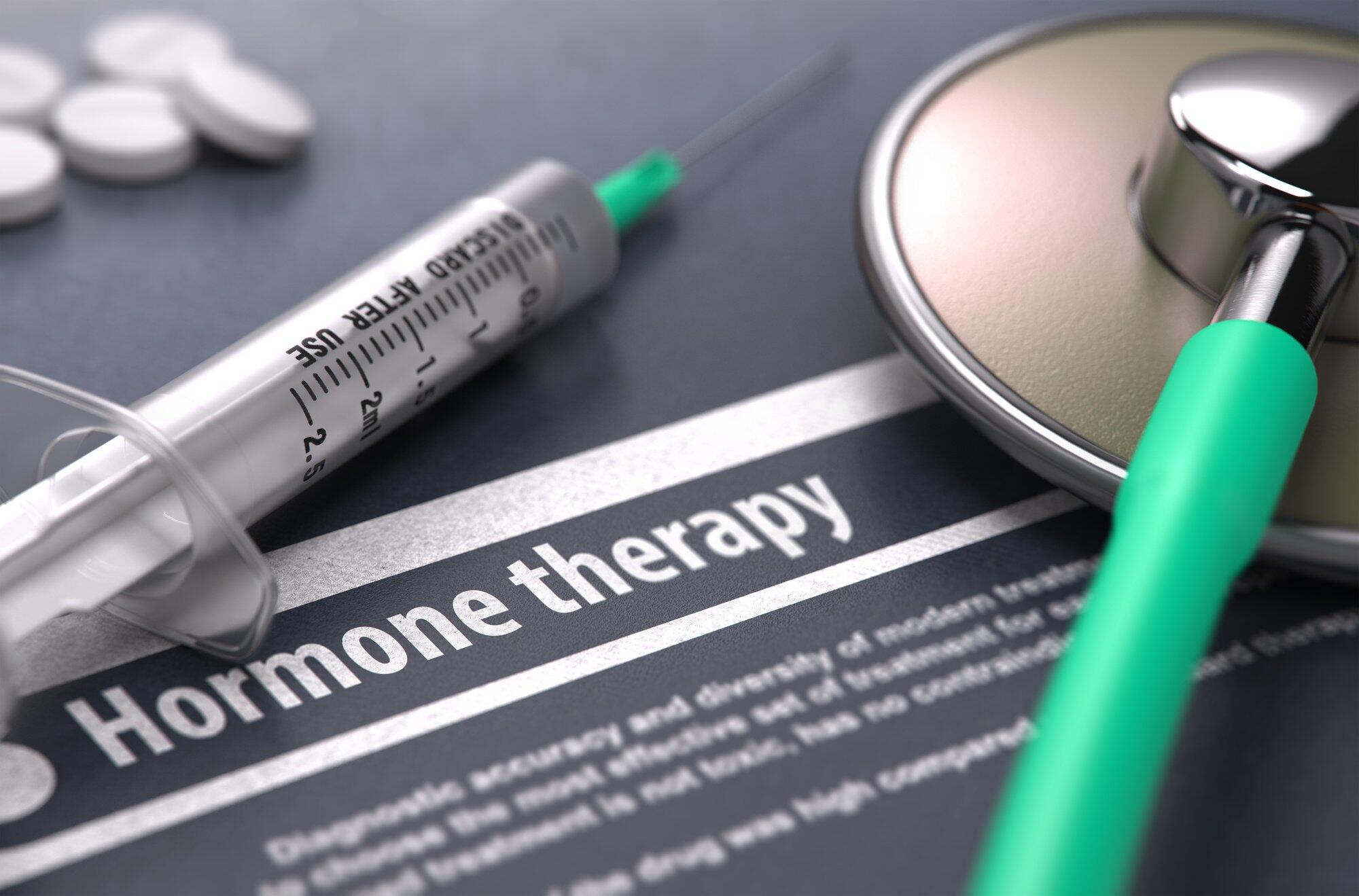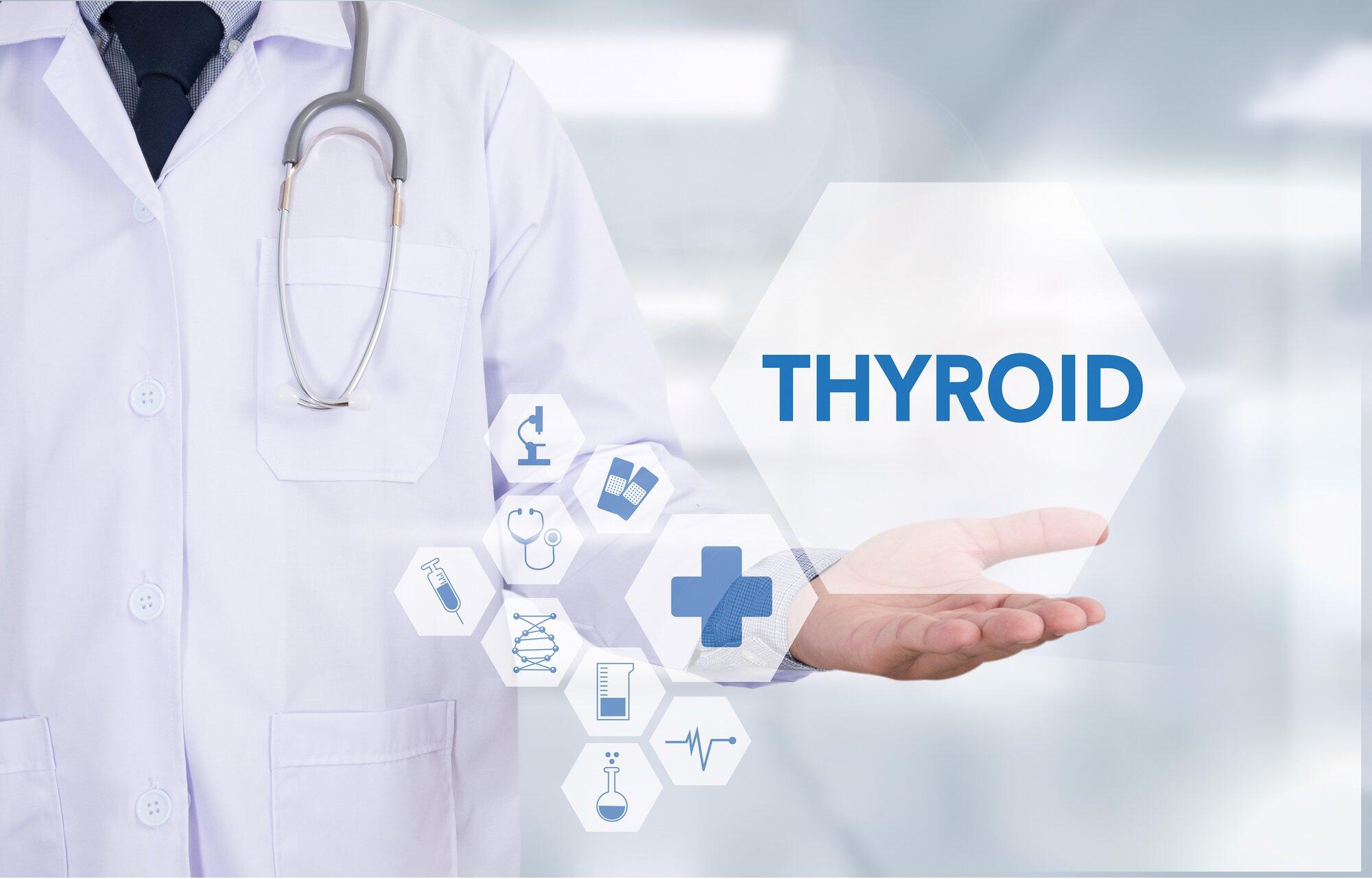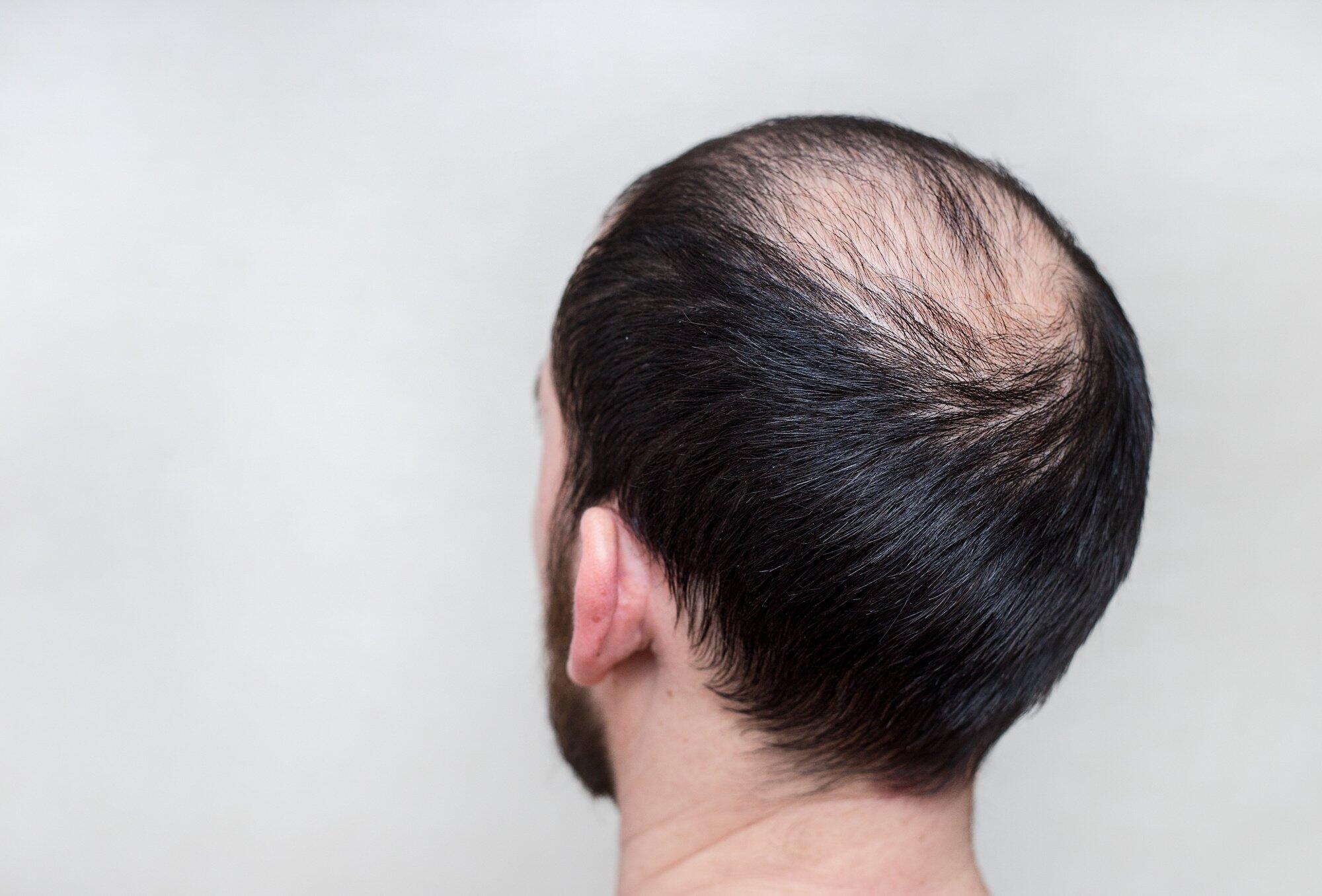Human chorionic gonadotropin, otherwise known as HCG, is a hormone that is most commonly associated with pregnancy. The hormone, which is part of the placenta at later stages, is produced by trophoblast cells and surrounds the growing embryo. This is the official definition, at least. But what is HCG, and more importantly, what are HCG injections, and how can they help you? We have done some research to help you answer that question.
Although HCG is most commonly associated with pregnancy, which we will talk about for the most part in this article, there are several other situations where HCG usage can be beneficial. For example, one key therapy which relies on HCG is a treatment for male hypogonadism, a condition that can develop among boys during puberty and delay their physical development. Now let’s examine all of the main areas you need to know about before considering doing an HCG injection therapy.
About the Hormone & Levels
As we mentioned before, HCG is a hormone that normally helps with human physical growth and development. It is also interesting to mention that HCG is the substance most pregnancy tests look for to give you an indication, as this hormone is one of the first ones that start production in pregnancy and can be easily detectable. There are various endogenous forms of HCG, and the hormone has been used therapeutically in medicine for quite some time.
When it comes to HCG levels in your body, we have focused our research mostly on the HCG levels during pregnancy, as this is the period where HCG levels change most drastically within any time period.
HCG Levels During Pregnancy
| Weeks from Last Menstrual Period | Approximate amount of HCG (in mIU/ml or IU/l) |
3 weeks |
5 to 50 |
4 weeks |
5 to 426 |
5 weeks |
19 to 7,340 |
6 weeks |
1,080 to 56,500 |
7 to 8 weeks |
7,650 to 229,000 |
9 to 12 weeks |
25,700 to 288,000 |
13 to 16 weeks |
3,300 to 253,000 |
17 to 24 weeks (second trimester) |
4,060 to 165,400 |
25 weeks to term (third trimester) |
3,640 to 117,000 |
After several days postpartum |
nonpregnant levels (<5) |
If we examine the table above, we can see that HCG levels change dramatically during pregnancy, and the change goes in both directions. Although low HCG levels are completely normal in early pregnancy, they’ll soon begin to grow, doubling every 48 hours on average. The biggest increase happens somewhere between 7 and 12 weeks after the last menstrual period, after which it starts to decline. There’s a reason for such a large range in HCG values in almost all the rows of the table. This is because there is an enormous variation among pregnant women in producing HCG. Even on the first missed day of women’s period, researchers have found that some women have almost no measurable HCG, while others have a value up to 400! If you are experiencing low HCG levels and are pregnant, it is probably not a reason for concern as it is pretty common, which we can see from the table.
HCG Injections: Uses
First of all, let’s go over the most common situation where you would use HCG injections. The obvious one, which we will dedicate most of the article to, is pregnancy. HCG is used to cause ovulation and to treat infertility in women. Furthermore, another reason to use HCG injections is for men during puberty. Since HCG increases sperm count, boys having lower sperm count during puberty (low enough to affect their development, of course) would be prescribed treatment to develop using the hormone properly. Finally, HCG is also used in young boys when their testicles have not normally dropped down into the scrotum. This condition is known as prepubertal cryptorchidism. This is a less common use of HCG due to the rarity of the condition.
Now when it comes to the actual usage of the injections, here’s some detailed advice. Use this medication exactly as prescribed by your doctor. Please do not use it in larger amounts or for longer than recommended. Follow the directions on your prescription label. You will be shown how to inject yourself at home after you had received at least one shot from your doctor or nurse. Do not self-inject the medicine if you are not comfortable doing it. Use each disposable needle only once.
Some HCG brands come in powder form, which later needs to be mixed and drawn into a syringe. If you have this kind of medication, do not mix the powder if you don’t feel comfortable doing it and if a medical practitioner didn’t show you how to do it. To be sure this medication is helping your condition, your doctor will need to check you regularly. Do not miss any scheduled appointments.
Treatment of Hypogonadism (HCG vs. Testosterone)
Many patients under the age of 35 or who plan to have kids and would like a less aggressive approach will use HCG treatments. These patients typically use HCG to improve symptoms before starting testosterone treatment. Although testosterone therapy is an option, some may choose to elect in partnership with their physician to go the HCG route first.
Some of the ways HCG differs from testosterone include:
- It does not negatively impact fertility/sperm count as testosterone often does.
- It does not cause testicular atrophy.
- It’s identical to LH (luteinizing hormone) with some FSH (follicle-stimulating hormone) activity, stimulating testosterone production by testicles.
HCG Dosage
Determining how much of the hormone you actually need (and how often) depends mostly on your doctor as well as your condition. The advice here is to listen and comply with whatever dosage the medical practitioner prescribes. However, we managed to find the generic dosage for the three conditions we mentioned earlier where HCG is most commonly used.
When it comes to treatment for ovulation induction (getting pregnant), the recommended dose of HCG is 5,000-10,000 units IM (intramuscular) injection is received in the muscle once per day.
When it comes to treating male hypogonadism, the dosage is much lower; at a recommended dose of 1,000-3,000 units IM or sub-q per week, depending on your physician’s preference. Some patients use HCG injections along with testosterone for testicular preservation at doses from 500-1,500 units IM or sub-q per week, depending on your physician’s preference. The addition of HCG will allow for less testosterone to be administered while optimizing the benefits.
HCG treatments are recommended at two months on and one month off.
Side Effects
Due to the seriousness of the therapy (and the fact that only a doctor can prescribe you one), there are numerous side effects of HCG injections. Although some of them can be desirable depending on the reason you are getting this treatment, we have included all the side effects in our list. We have divided them into two categories in terms of seriousness.
Call your doctor as soon as possible if any of these side effects manifest:
- allergic reaction like skin rash or swelling;
- pelvic pain or bloating;
- breathing problems;
- enlargement of breasts, penis, or testes;
- sudden increase of height or weight gain;
- trouble passing urine.
Here are the side effects that usually do not require medical attention:
- mood swings;
- acne;
- facial hair growth;
- tiredness;
- upset stomach;
- pain or inflammation around the site of injection.
EVOLVE Hormone Tests & HCG Treatments
A blood test is suggested to create an optimal hormone treatment plan to improve your hCG levels. A comprehensive hormone panel shows a physician what areas of your body need help and what treatment(s) you need to meet your lifestyle needs. The team at EVOLVE can help you schedule a hormone blood panel and guide you through the treatment process.
The FDA has approved HCG as a prescription drug; therefore, it must be prescribed by your physician, healthcare provider, or telemedicine provider such as EVOLVE. As the telemedicine leader of hormone therapy, EVOLVE has helped patients like you live a healthier, happy life. Your personalized treatment plan may include one of the following HCG injections:
- 6,000 IU KIT – Lyophilized Vials
- 12,000 IU KIT – Lyophilized Vials
It is important to purchase HCG injections through reputable providers with a qualified team of physicians. Our team will give you the attention, expertise, and support needed to help you live the best life possible. Get your mind and body performing at their best, and receive the best quality hormone therapy. Schedule with Patient Care @EVOLVE Today!

